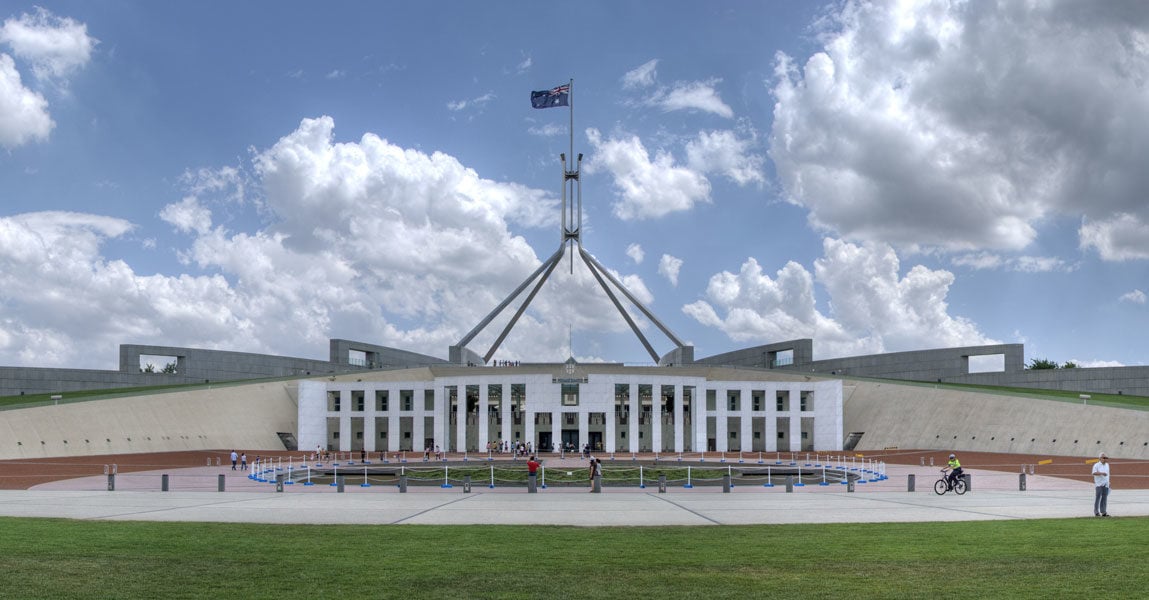Media companies yesterday responded to the arrival back in parliament of the media law reform bill.
News Corp Australia said yesterday it welcomed the reintroduction of the bill in parliament and supported its passage, in its entirety.
“The existing legislation has become out of date and redundant because of digital disruption, and consequently imposes uncompetitive restrictions on media companies committed to Australia, its communities, and telling Australian stories,” a News Corp Australia spokeswoman said.
Ten Network welcomed the re-introduction of the Broadcasting Legislation Amendment (Media Reform) Bill and called on the Parliament to pass the bill as a matter of urgency.
Ten Network chief executive officer Paul Anderson said: “The Parliament has a simple choice: get behind the Australian media companies that are investing in local content and local jobs and give us a fair chance to compete, or continue to give our big tech competitors a free ride by strangling local media companies.
“The only way to ensure media diversity in Australia is to have strong, viable local media companies and the existing rules are a real threat to that. The foreign-owned tech companies have demonstrated that they are not interested in any meaningful investment in local content or local news, so we need our local voices to remain strong.
“We are yet to hear any rational argument in favour of keeping the two-out-of-three rule, which only applies to three offline media platforms and doesn’t even recognise the existence of the internet. It is illogical and antiquated and threatens local diversity by constraining Australian media companies in our efforts to grow and compete,” Anderson said.
“We are disappointed that we now face another extended 10-week inquiry into the Bill. After years of debate and discussion we urgently need the Parliament to get behind local voices and give us fairer rules and certainty around the regulatory framework. The existing media rules have to go, and quickly.”
The WIN Network has also welcomed the reintroduction to parliament of media reform legislation.
WIN Network CEO Andrew Lancaster said the legislation was pivotal for ensuring domestic companies could compete on an equal footing with foreign-owned tech companies that are increasingly prevalent in the digital era and it needed to be passed as a matter of urgency.
“We are encouraged that the government understands the challenges faced by all Australian media, and regional media in particular, in this digital age,” he said.
“The WIN Network has always been committed to providing a strong local voice for regional Australians through its news services and regionally produced shows but we need a level playing field in order to be able to compete effectively with outlets that are not restricted by our laws.”
Prime Media Group called upon all Federal members and senators to support the government’s media reform bill.
Chairman of Prime Media Group John Hartigan said: “We have spent a number of years detailing and explaining the significant structural challenges faced by the regional television industry to many Federal members and senators. We hope that the time has come when they will finally take action.
“If these reforms are not passed, the Federal parliamentarians who chose to stand in the way of reform need to be prepared to accept the blame for less diversity, the value erosion of Australian media companies and the loss of hundreds of jobs.”
Prime Media Group CEO Ian Audsley added: “While Australian-built media companies remain subject to pre-internet rules that are clearly well past their use-by date, international tech giants like Google and Facebook are running rampant.”
Grant Blackley, CEO Southern Cross Austereo, commented:
“SCA welcomes re-introduction of legislation to reform archaic media ownership rules in Australia and urges the Senate and its Committees to consider the Bill as urgently as possible. I call on the Government, Labor and the cross-bench Senators to work together to pass the bill this year. Rules that were put in place in the days before the internet, pay TV, Google, Facebook and YouTube have no place in today’s media landscape and are holding back regional media businesses. People living in regional Australia who want to see free-to-air television complete with local content will be best served by strong media companies unencumbered by these outdated restrictions.”
